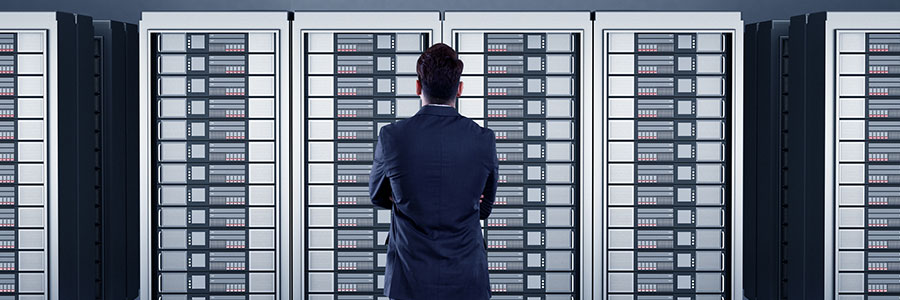A virtual machine (VM) is essentially one piece of software that contains operating systems, software, and files that take a portion of computing resources from your on-premises server. VMs behave like normal files, so you could deploy a fleet of them on any workstation with ease.
How to properly manage your fleet of VMs
Boost mobile security with virtualization
Serverless computing is the next big thing
Virtualization Basics: Windows on Macs
Cloud computing or virtualization?

Should you migrate to the cloud or virtualize your server? Both approaches have benefits, but figuring out which one is right for your organization is another story. If you’re having trouble deciding which technology is the best choice for the future of your business, this article will help you figure it out.
Dispelling myths about containers
What hyperconvergence means for SMBs
5 virtualization platforms fit for SMBs

Virtualization allows you to eliminate dependency on physical hardware limitations and software requirements. Before you choose any one virtualization solution, it's a good idea to go over the different companies providing virtualization services. Below is a list of five popular vendors offering reliable virtualization platforms.
What is Virtualization as a DR solution?
Ways to handle virtualization security risks

Online blogs and forums mostly cover networks and the cloud when it comes to cybersecurity, leaving other types of technology -- particularly virtualization -- overlooked and unsecured. If you don’t have the right defense plans in place, your business will be vulnerable to all types of cyberthreats.








